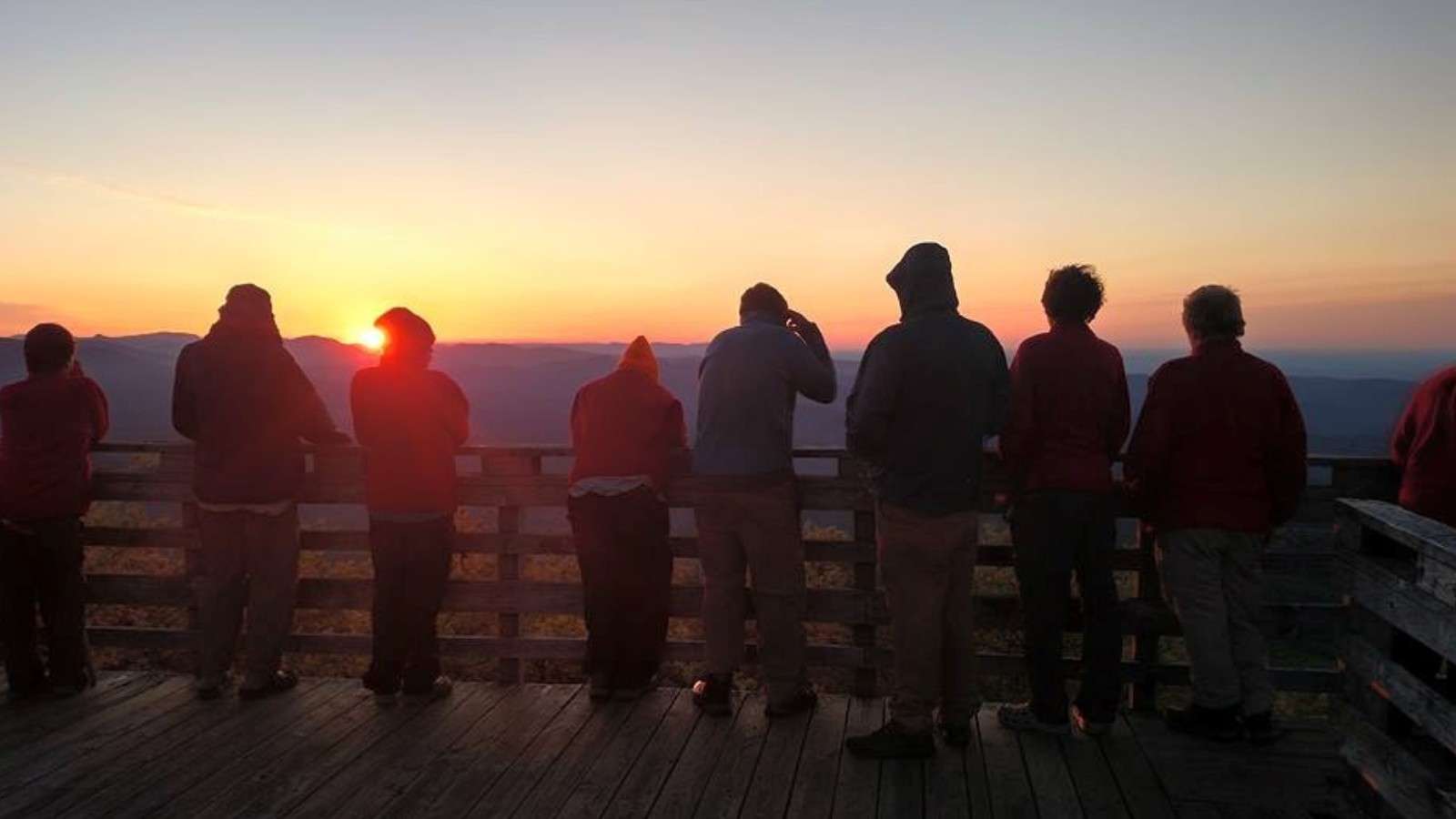When we have children, the last thing we wish is for them to grow up to be dependent upon anything outside of themselves. Ideally, our children operate in the world as interdependent, functioning individuals whose behaviors are age appropriate. It makes sense that parenting a child with addictive tendencies and/or behaviors can feel like swimming in uncharted waters. Blue Ridge Wilderness wants to ensure that you don’t have to brave these issues alone. On this page, we’ll review some of the basics of addiction and provide you with resources to address your child’s issues and help restore your peace of mind.
When they hear the word addiction, most people think of drugs and alcohol. According to the American Psychiatric Association, addiction is “a complex condition, a brain disease that is manifested by compulsive substance use despite harmful consequences.” But it’s also widely understood that addiction spreads far beyond drugs, alcohol or substances.
The Basics of Addiction
Addiction occurs when a substance, behavior or experience triggers the activation of the brain’s reward center. Things like drugs or sex create a natural physical and psychological response; repeating that activity to experience the euphoria (or “high”) is what develops into an addiction.
Behavioral addictions, like gaming or shopping are considered process addictions. They are characterized in people who:
Are unable to abstain from the behavior
Have an impaired control of the behavior
Desire or crave the behavior (like someone who craves the drug they are addicted to)
Do not recognize the severity of the problems that stem from the addictive behavior
Display a dysfunctional emotional response
It could be the exhilaration of winning that fuels a gaming addiction; or the thrill of a sexual encounter that contributes to sexual addiction; the feeling in your mind of smoking cannabis that encourages a marijuana addiction.
Why do people develop addictions?
Teenagers often become addicted to substances or behaviors because they want to:
Feel good. They enjoy the pleasurable feeling, “high” or euphoria.
Feel better. They need a stress reliever, a way to relax, or an avenue to escape.
Perform better. They believe that they will perform better in school, sports or social relationships.
Be like everyone else. They may be curious why people enjoy this substance/activity, or want to give in to peer pressure.
As time progresses, the addiction strengthens while the tolerance lowers. This means that larger amounts of the substance/behavior are needed to feel the same effects.
Teens who battle addictions are often aware that the substance/behavior is taking over their life; although they know it causes problems, they are unable to stop- even when they want to.
Symptoms of Addiction:
In general, there are 4 categories of addictive symptoms:
Impaired control: despite the desire (or failed attempts) to quit, there is a strong craving to the addiction.
Social interference: the addiction interferes with the ability to complete activities of daily life at school, work or home.
Risky atmosphere: the substance/behavioral addiction happens in an unsafe setting.
Long-term effects: tolerance, withdrawal, and mental illness are common byproducts of addiction.
People under the grasps of an addiction often experienced distorted thinking, behaviors and physiological functions. After repeated use, the brain becomes re-wired, causing the user to intensely crave more and more of the substance/experience. This impairs learning, memory, judgment and decision making.
How do I know if my teen is addicted?
When a teenager focuses on one particular activity, addiction may be in the making. But when that activity becomes the center of their life at the expense of other activities, it’s likely that addiction has been formed.
Thankfully, there are effective treatments and programs to help people address and recover from addictions.
At Blue Ridge, troubled teens and young adults are introduced into a wilderness environment with our field instructors and therapists. Your child is separated from their friends and their typical environment - two of the most influential factors in their life that can often derail someone working on changing old patterns and habits.
At this point, we can instill a sense of confidence and increased self-awareness that will allow students to make more informed decisions about their lives. We do this by helping students develop new coping skills, such as mindfulness, yoga, hiking, and journaling. Learning how to use coping skills will also create a stronger sense of self-efficacy in your child.
With increased self-awareness and efficacy students can begin to explore how their value systems have shifted over time and how this may or may not be related to substances. With a new value system and more solid sense of self in place, students can begin to connect with peers in a way that feels more authentic, genuine, and positive.
Is your teen battling one of these common addictions?
Adolescents struggle with a variety of substance abuse/dependence and addictive behaviors, among other diagnoses (mental health, behavioral, developmental issues, learning disabilities, school problems relational difficulties, etc.). Many teenagers find effective healing at Blue Ridge.
Teenagers could experience a range of addictions. Here are some of the most common ones:
Substance Use/Dependence: Blue Ridge licensed clinicians can assess the level of involvement students have with substances and can determine an appropriate path of treatment. Our staff also help discover whether the addictive substance is a primary issue or a symptom of another problem. We offer specialized groups and therapists at Blue Ridge with experience working with substance abuse issues.
Alcohol
Marijuana
Tobacco
Hallucinogens
Inhalants (paint, glue, etc.)
Opioids (heroin, oxycodone)
Sedatives (medicines used for anxiety or tranquilizers)
Stimulants (cocaine)
Addictive Behaviors
Internet/computer usage, gaming, and video games: The staff at Blue Ridge are skilled in addressing the evolving set of issues relating to the internet and gaming, which include social, academic and family problems. In these situations, it’s important to keep an eye out for symptoms such as losing track of time while online, isolating from friends and family, decline in school performance, and difficulty completing average daily tasks.
Shopping: Excessive shopping can be a way for a teenager to deal with stress, although the lack of self-control of spending money often creates more relational and financial stress that can follow them into adulthood. Our staff is excellent at challenging students to discover their motivations of addictions and healthy alternative coping mechanisms.
Sex: Sexual encounters can have similar addictive qualities to drugs or alcohol. Our expert therapists explore and treat age-inappropriate relationships, sexual promiscuity, and other sexual acting out behaviors in small group settings. An addiction to sex includes disruption to normal functioning due to obsessive thoughts about sex, being unable to stop watching pornography or engaging in sexual behaviors, and avoiding time with friends or family because of time spent engaging in sexual encounters.
Exercise and over/under eating: These types of addictions are often rooted in low self-esteem, self-worth or self-confidence. Wilderness therapy is extremely effective at addressing these issues through self-imposed limitations and small victories. Structure, therapy, challenge, and success develop a well-rounded student who is prepared to re-enter life with a new self-image.
Blue Ridge Therapeutic Wilderness seeks to help families discover and address underlying issues that may contribute to their child’s struggles. With an individualized clinical regimen, the treatment team at Blue Ridge will integrate a personalized treatment plan for each student as they learn and grow in the wilderness, rediscovering their power and values and finding new ways to cope with tough emotions.
The admissions team at Blue Ridge Therapeutic Wilderness is ready to match your child’s unique circumstance to a group and therapist specializing in addiction. Contact us today by calling 888-914-1050, emailing admissions@blueridgewilderness.com, or filling out an inquiry on our website. Take your first step toward helping your teen overcome the addictions controlling their life.

